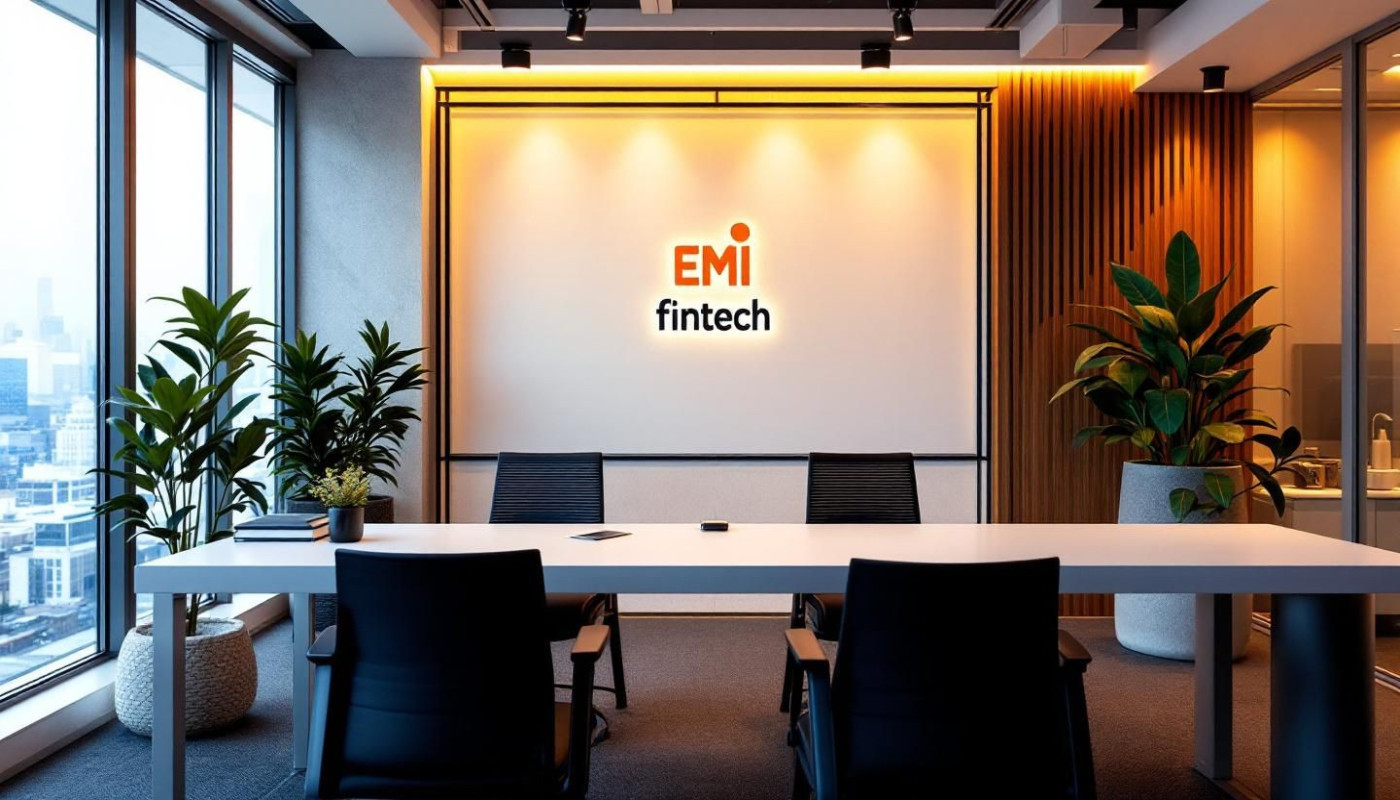Table of contents
Planning and executing a successful corporate conference can be a monumental task that requires meticulous attention to detail and a strategic approach. With the right guidance, organizations can transform a complex endeavor into an enriching experience that fosters learning, networking, and growth. This article delves into the key steps necessary to ensure your conference is not just another event, but a milestone for your company and attendees. Read on to uncover the expert blueprint for a seamless and impactful corporate conference.
Establish Clear Objectives and Goals
At the core of every effective conference planning strategy lies a well-defined set of objectives and goals. For an Event Planning Manager, it is paramount to establish SMART objectives that encapsulate the purpose and desired outcomes of the corporate conference. These goals serve not only as a roadmap but also as the critical benchmarks for measuring the event's success. With a focus on specific outcomes, these aims should be meticulously crafted to ensure they are measurable through various event success metrics, achievable within the scope and resources available, relevant to the overarching corporate goals, and time-bound to maintain momentum and urgency.
These goals are further quantified by identifying Key Performance Indicators (KPIs) that will serve as the compass throughout the planning process. By specifying these targets early on, organizers can streamline decision-making, allocate resources effectively, and ensure that every aspect of the conference aligns with the company's strategic vision. This structured approach to setting objectives ensures that the conference is not only a gathering of professionals but a pivotal moment for the organization to advance its mission and stimulate meaningful progress within its industry.
Choose the Right Venue and Suppliers
Finding an ideal venue and vetting reliable suppliers stand as pivotal components in orchestrating a successful corporate conference. A Chief Operating Officer (COO), with their extensive oversight of company logistics, would understand the significance of conducting a thorough venue selection process. This involves examining the event location for accessibility, suitability for the expected attendee numbers, and the availability of necessary conference amenities. The venue should also support technology integration, ensuring seamless presentations and connectivity – elements that are now indispensable for modern conferences. Concurrently, issuing a Request for Proposal (RFP) is a practiced method for assessing and securing suppliers. This ensures that you can compare services, prices, and the quality of potential partners against your specific event needs. Effective supplier vetting can significantly enhance the overall experience, addressing everything from catering to audiovisual requirements. By meticulously selecting a venue and suppliers, you lay a robust foundation for a memorable and productive corporate gathering.
Design a Compelling Agenda
When planning a corporate conference, one of the most significant tasks involves the agenda curation. Crafting an agenda that captivates the audience requires careful consideration of content and timing. Successful agendas typically feature a blend of keynote speakers renowned for their expertise and charisma. These speakers set the tone for the event and provide valuable insights. Interspersed between these presentations, Breakout Sessions, facilitated by the Director of Conference Services, foster a more intimate and interactive learning environment. These sessions allow for deeper dives into specialized topics and cater to diverse interests.
Furthermore, workshop organization plays a pivotal role in attendee development, offering hands-on experiences that reinforce learning and stimulate innovation. Beyond the formal agenda, networking opportunities should not be overlooked; they are key for fostering professional relationships and encouraging information exchange among participants. Ensuring these elements are harmoniously intertwined will boost attendee engagement, thus elevating the overall conference experience.
Implement Strategic Marketing and Communication
Effective marketing and communication are indispensable to attracting attendees and generating excitement about a corporate conference. The Head of Marketing, with their expertise in communication channels and promotional tactics, should take the lead in devising a robust marketing plan. At the forefront of this plan should be digital marketing, which allows for a broad yet targeted reach. By employing search engine optimization (SEO), the conference can gain visibility among those searching for industry events and professional development opportunities.
Further, social media campaigns can significantly amplify event promotion efforts. These campaigns, tailored to resonate with the desired demographic, can leverage hashtags, influencer partnerships, and engaging content to create buzz around the event. Concurrently, email outreach remains a powerful tool to directly engage potential attendees. Personalized emails that inform and intrigue recipients can increase the conversion rate, turning interest into confirmed registrations.
Additionally, integrating a variety of marketing strategies, including both online and offline approaches, ensures a comprehensive reach. Traditional methods such as networking at related events, press releases, and even print advertising should also be considered to complement the digital efforts. By considering the target audience's preferences and behaviors, the marketing team can strategically select the mix of channels that will have the greatest impact.
In the context of event promotion, it is also beneficial to learn from and collaborate with seasoned professionals in the field. Partnering with companies like M2 Events, known for their expertise in corporate event planning and execution, could provide valuable insights and services to enhance the conference's success.
Ensure Seamless On-site Execution
To guarantee that a corporate conference unfolds without hindrances, the role of an Event Operations Manager becomes pivotal in ensuring seamless on-site execution. Meticulous preparation in event staff training empowers the team to address the attendees' needs efficiently while adhering to the day-of itinerary which serves as the spine of the event's structure. Yet, even the most well-planned events may encounter unexpected challenges, making contingency planning not simply beneficial but a necessity. This process forms part of a broader Risk Management Plan designed to anticipate and mitigate potential disruptions. Effective event management relies on the synthesis of these elements, which collectively ensure that the actualization of the conference resonates with the preciseness of its blueprint.








